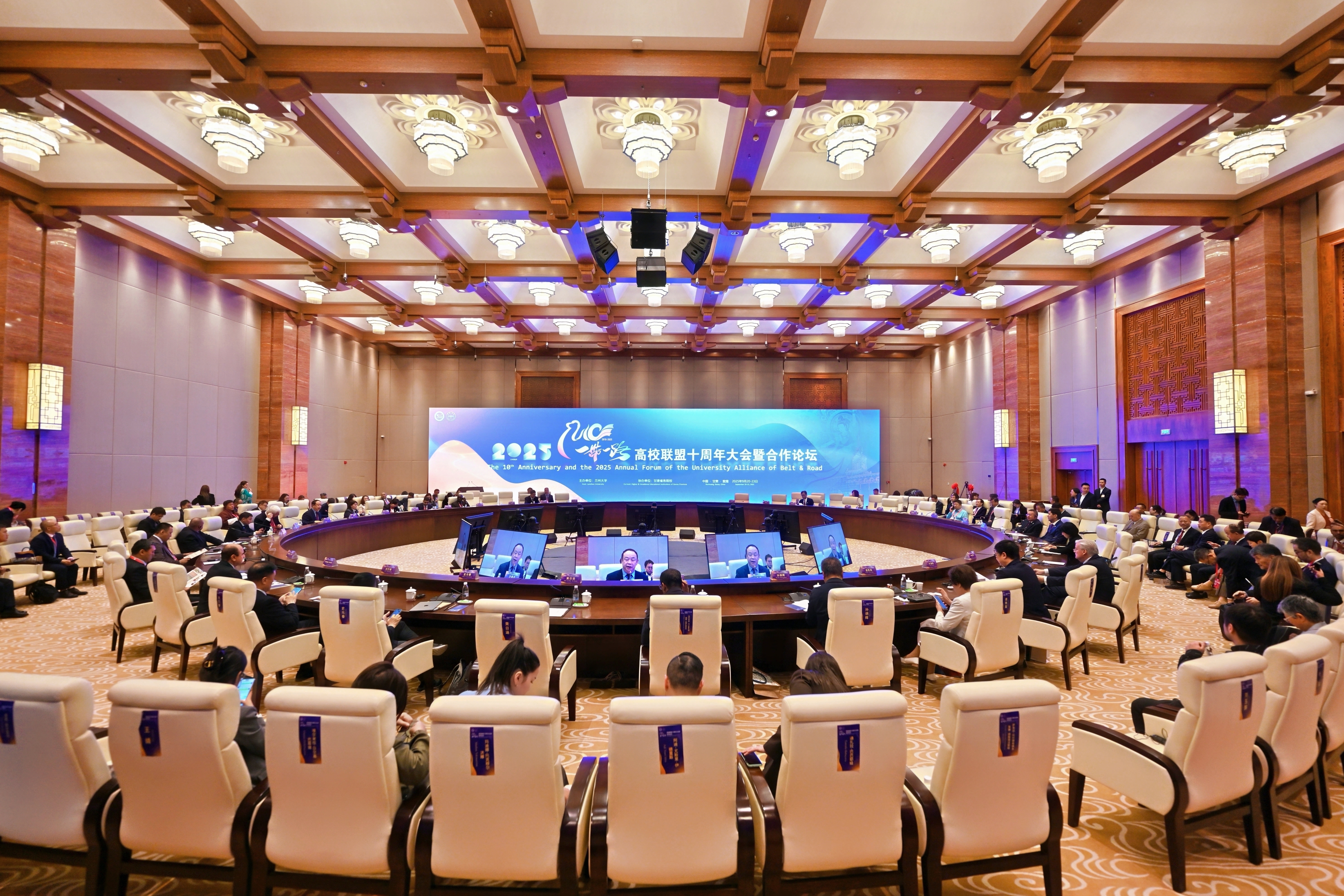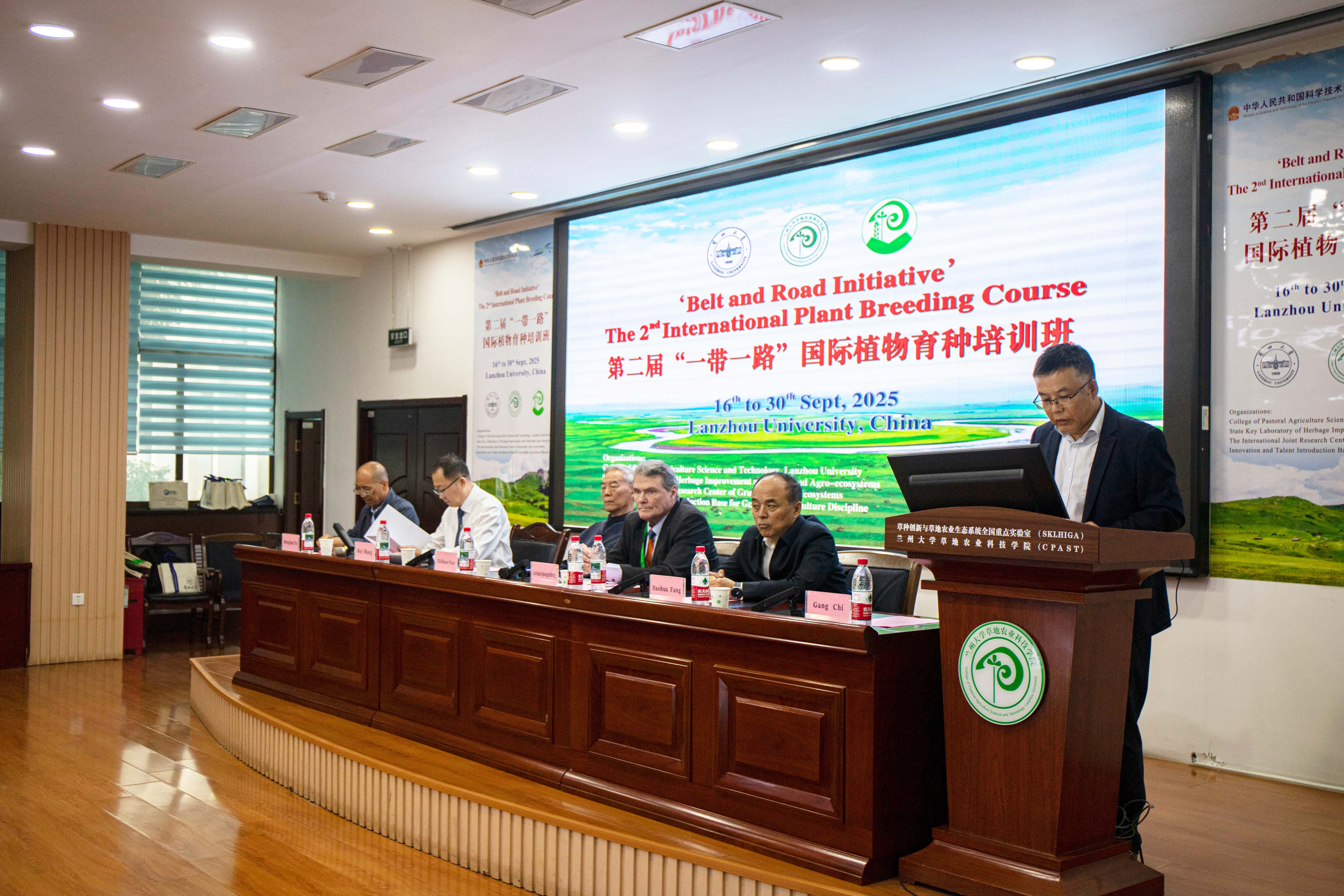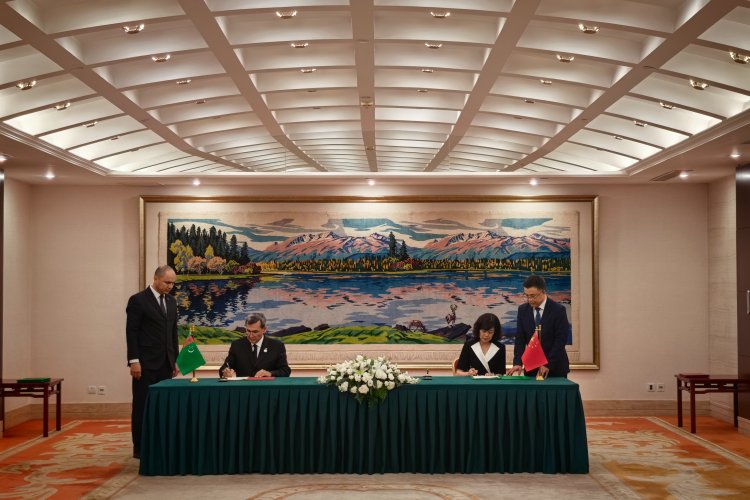The Key Laboratory of Grassland Agro-ecosystems of the Ministry of Agriculture was approved to establish by the Ministry of Agriculture in November 1996. The first director of the lab was Professor Zhang Zihe and Professor Nan Zhibiao, Academician of the Academy of Engineering Sciences of China, is the director at present. Professor Ren Jizhou, Academician of the Academy of Engineering Sciences of China, is the chairman of theacademic committee. There are now 60 full-time staff members in the lab, including 17 full professors and 15 associate professors, and 34 guest researchers from domestic and foreign institutions. Two of the full-time staff were selected as Crossing Century Talents of the first and second level of the National Millions of Talents Project, and five of them were selected into the Program for New Century Excellent Talents in University of the Ministry of Education.
The area of the lab, including offices, experiment labs, and storage rooms, etc. is 5000 m2or so. The total equipment of the lab values 43.43 million RMB. There are seven experimental stations or research bases, including Grassland Agriculture Experimental Stations in Qingyang, Yuzhong and Huan County on the Loess Plateau, Grassland Agriculture Experimental Station in Linze and the Research Base for the Research Centre of the Western Grass Engineering and Technology in Zhangye along the inland river basin, Southern Grassland Experimental Station in Guizhou and Qujin Grassland Experimental Station in Yunnan of Karst areas in south-western China. There are 1622 ha land belonging to these stations and bases.
The aim of the lab is to deal with some important theoretical and practical problems during the adjustment of agricultural structure, ecological environment construction, harmonious development of human being and the nature. The final goal is to keep food safety and ecological safety, sustainable development and to promote the farmers’ income. During this process, the development of the agriculture and the construction of environment are strategically considered together. The structure, function and dynamically changing process between the traditional and grassland agro-ecosystems are comparatively studied. The practicability and maneuverability of the theories and technologies are taken into serious consideration during the research. These activities will make it possible to provide some suitable agro-ecosystem management models or evidences for the decision-making of the central or local governments. And it will also provide some technical supports for thepractices of the western development drive, returning farmland to forest or grassland, optimal utilization of land resource, ecological environment construction and food safety in the new century. The studies and activities in the lab will be of greater help to the development of grass industry.
200 programs or subjects were or are carried out in the lab after the establishment, including one “973 program” and three 973 research subjects. The staff has been awarded with the first and third prize of the national prize for the science and technology advancement, and with some ministry and provincial prizes. In addition, 12 national patents and one software copyright were obtained.
The lab has played an extremely important role in reforming of agricultural structure, establishing sustainable grassland agriculture system, and in forming, developing and perfecting the science of grassland agriculture system. It is now one of the most important bases for the practical studies on the grassland agriculture and has been offering great help to attract stabilize and cultivate the talents of grassland research areas. The lab is now leading in the academy, experiment and management of domestic grassland science.




